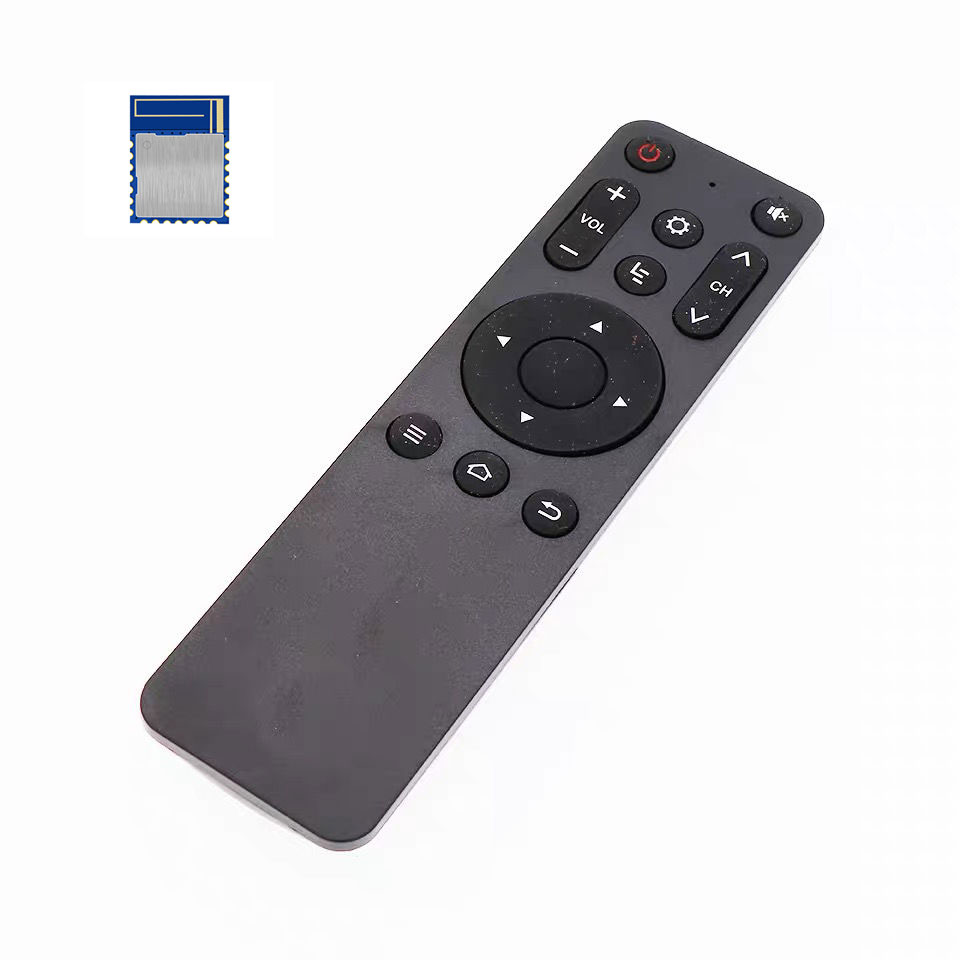
In the realm of wireless communication, Bluetooth modules have emerged as a transformative technology, redefining the way we interact with remote control devices. These compact, low-power devices have opened up a new horizon of possibilities, enabling seamless and efficient control over a variety of applications. As we stand on the cusp of innovation, Bluetooth modules are leading the charge in the evolution of remote control technology.
Bluetooth Modules: The Heart of Modern Remote Controls
At the core of every modern remote control lies a Bluetooth module, a tiny device that packs a powerful punch. These modules facilitate wireless communication between the remote and the device it controls, be it a television, home automation system, or even industrial equipment. The integration of Bluetooth modules has not only enhanced the range and reliability of remote controls but also expanded their capabilities beyond traditional infrared (IR) technology.
Enhancing User Experience
One of the most significant advantages of Bluetooth modules in remote controls is the enhancement of user experience. Users can now control devices from a greater distance, without the need for a direct line of sight. This is particularly beneficial in large spaces or outdoor environments where IR remotes often fall short. Bluetooth modules also offer improved connectivity, allowing users to control multiple devices with a single remote, thus simplifying operation and reducing clutter.
Expanding the Scope of Remote Controls
Bluetooth modules have expanded the scope of remote controls beyond simple on/off commands. They enable the transmission of complex data, such as media control signals, game controller inputs, or even sensor data. This has opened up new avenues for remote controls in various industries, including automotive, aerospace, and healthcare, where precise control and data exchange are crucial.
Security and Customization
Security is a paramount concern in remote control applications, and Bluetooth modules offer robust security features to protect against unauthorized access. Encryption and authentication protocols ensure that commands are transmitted securely, safeguarding the device and its operations. Additionally, the customization capabilities of Bluetooth modules allow manufacturers to tailor remote controls to specific user needs, whether it’s for accessibility features or specialized control schemes.
Challenges and Considerations
Despite their numerous benefits, Bluetooth modules in remote controls do present challenges. Ensuring consistent connectivity and minimizing latency are critical, especially in time-sensitive applications. Battery life is another consideration, as users expect long-lasting performance from their remote controls. However, advancements in energy-efficient Bluetooth technologies and low-power modes are addressing these concerns.
The Future of Bluetooth Modules in Remote Controls
As technology continues to evolve, the capabilities of Bluetooth modules in remote controls are expected to expand. We can anticipate the integration of artificial intelligence (AI) and machine learning (ML) algorithms, which will enable remote controls to learn from user behavior and offer personalized control experiences. The potential for these modules to transform remote control applications is vast, offering innovative solutions for device interaction and control.
Conclusion
Bluetooth modules have revolutionized the remote control industry, offering a new level of interactivity, convenience, and efficiency. As we look to the future, the role of Bluetooth modules in remote controls is set to become even more pivotal, ensuring that these devices remain at the forefront of innovation in wireless communication. With their potential to transform the way we control our devices, Bluetooth modules are the heartbeat of the next generation of remote control technology.


